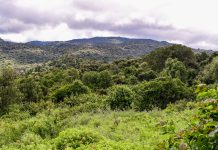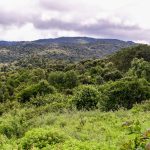The Kenyan government is implementing a new policy intended to ensure that efforts to conserve coastal and marine resources are carried out in an integrated manner to boost effectiveness, the country’s environmental management authority said today.
The Integrated Coastal Zone Management (ICZM) policy aims to provide a framework for sound management of the coastal zone and the resources found there by ensuring that efforts are coordinated and integrated from planning to implementation.
The policy was adopted by parliament in December last year and was a culmination of a consultative process that was led by the National Environment Management Authority (NEMA).
Kenya is endowed with a variety of resources that support livelihoods and economic development while maintaining healthy marine and coastal ecosystems. The resources include mangroves and other coastal forests, estuaries, coral reefs, marine species, and open sea marine resources.
Those natural resources are threatened by pollution, over-exploitation, destructive fishing practices, unplanned development, coastal erosion and climate change.
Many institutions have over the years played an important role in managing coastal resources, but there has been a lack of a framework to coordinate and integrate their efforts, resulting in poor planning, conflicting policies and duplication.
The ICZM policy recognizes the inter-relationship and inter-connectedness of the coastal environment. The new policy will ensure that threats facing the coastal zone are countered through collaboration, according to NEMA.























